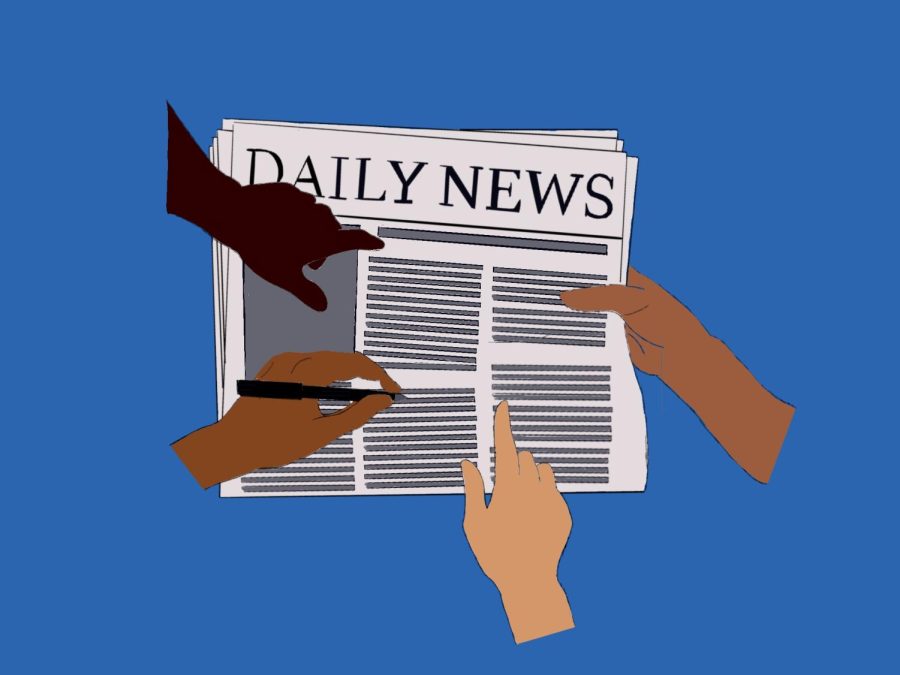DI Voices | Diverse identities elevate editorial discussions
Apr 26, 2023
A typical Editorial Board discussion generally goes the way you’d expect it to. All of the editors sit at a table and brainstorm some topics that we could take a stance on, which generally adhere to the theme of that week’s edition of The DI. While this discussion happens, the opinions editor takes detailed notes.
They write down everything noteworthy that each person says to use as “evidence” for the editorial on a Google Doc and, once this Doc has been completely filled out, try to make sense of everything that was written. The writing process involves merging topics and organizing each and every thought and concept in a way that is coherent and adequately reflects what was said in the discussion.
We live in a world where you could probably give ChatGPT a list of subjective statements and ask it to come up with a coherent argument that flows in a way that is somewhat readable. Personally, once artificial intelligence starts writing opinions columns, I would think that is a cause for concern.
Journalistic etiquette can sometimes come across as robotic. Although the intention of journalism is to tell human stories, good journalists are those who are impartial and objective. The focus should be on the stories they tell, while the storyteller has the stoic responsibility of staying out of it. I have the privilege of being both partial and subjective in my writing, but this is a luxury I do not share with my fellow editors.
Part of the reason why we write editorials at all, at least in my opinion, is to remind readers that there are humans behind the articles that they read. Careers in journalism give you the opportunity to learn about all kinds of people — living in circumstances different from your own — and the struggles they have endured.
Get The Daily Illini in your inbox!
Editorials are a way of taking off that mask of impartial journalistic integrity and saying, “We hear you. We empathize.” Every editor becomes an opinions columnist at the editorial discussion.
Acknowledging personal identities is so important to opinion writing. It is my personal identity as a minority — being a Filipino Asian American at a predominantly white university — that enables me to empathize with the marginalized groups that we have supported with our editorials. This is something that my predecessor stressed, who is South Asian herself.
It’s this solidarity that allows me to elevate the quality of my writing and, hopefully, prevents the tone of our editorials from feeling corporate and disingenuous, which can be a slippery slope.
Our Editorial Board this year is diverse and comes from a variety of different backgrounds, from the Philippines to Mexico to Georgia, the country. The quality of an editorial is only as good as the quality of the discussion that precedes it, and thankfully, we have a diversity of voices in the newsroom, allowing for some productive conversation.
That’s something that ChatGPT could never mimic: The underlying level of humanity that is required of an editorial.
Raphael is a freshman in LAS.






